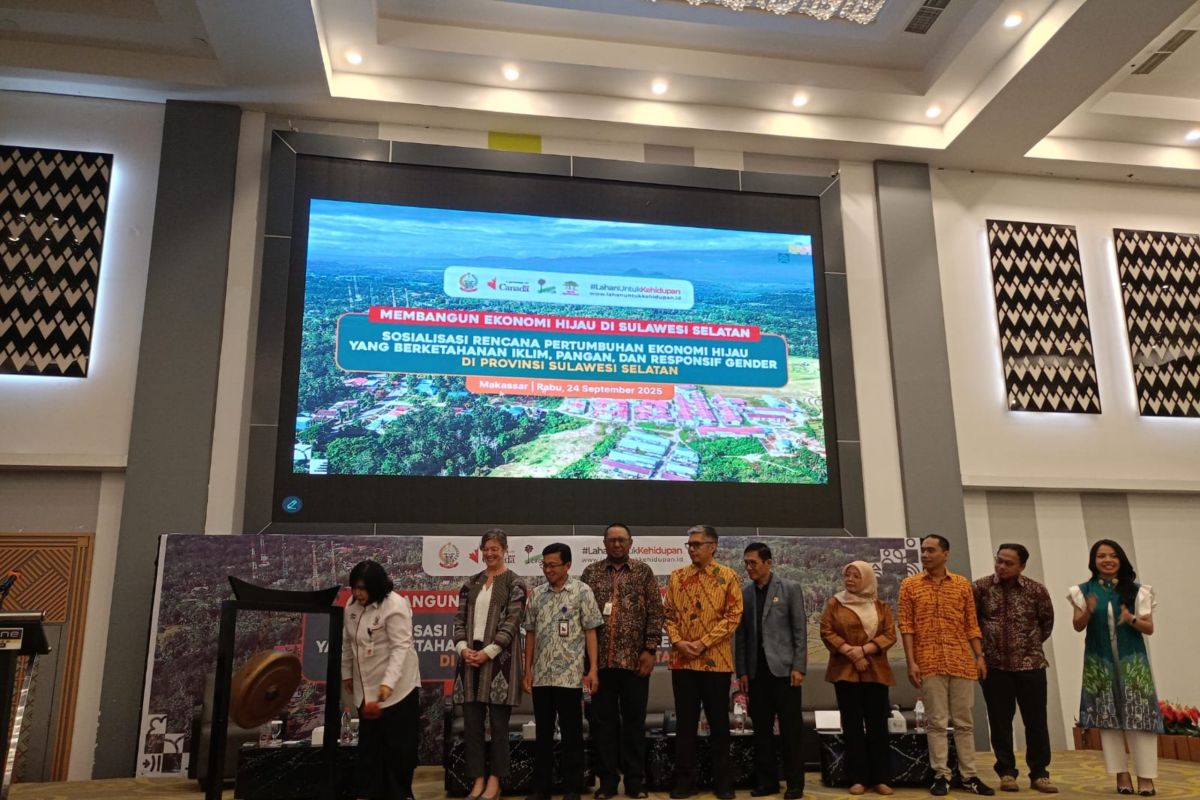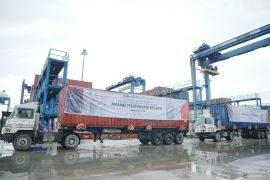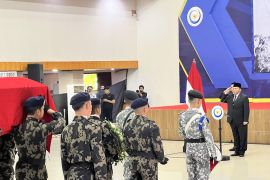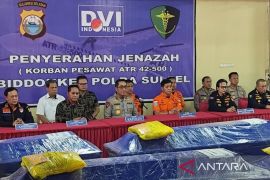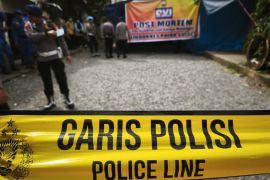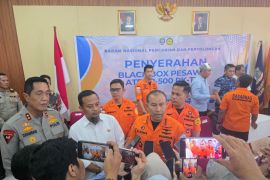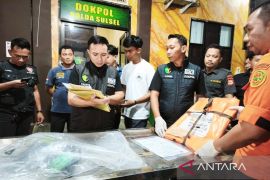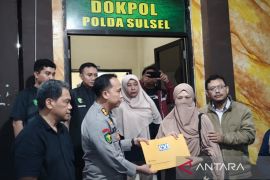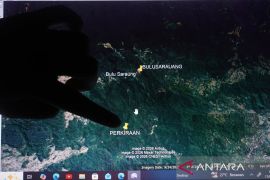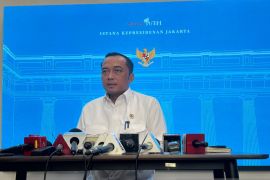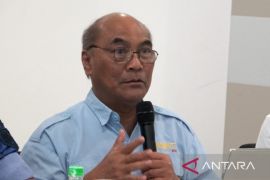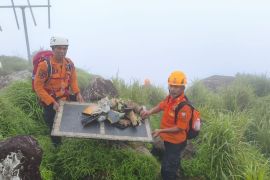The initiative is expected to boost economic growth based on renewable resources while maintaining environmental sustainability.
“Our goal is to strengthen fair and sustainable economic growth. With ICRAF’s support, South Sulawesi is ready to begin the transformation toward a green economy,” said the Economic Adviser to the South Sulawesi Provincial Government, Since Erna Lamba, in Makassar on Friday.
The strategies include integrated spatial and land-use management, optimization of capital and access to equitable, responsive, inclusive, and innovative development, as well as enhancing productivity and competitiveness of regional priority sectors.
They also cover improving value chains to support MSMEs and cooperatives, strengthening connectivity that is adaptive to disasters, watershed management and restoration, and the use of economic instruments to support environmental services.
“With structured planning, both in the short and long term, we can minimize risks in the transition to a green economy,” Lamba added.
The transformation plan was also presented a day earlier during the Green Growth Plan (GGP) dissemination event in Makassar, which brought together various stakeholders.
Research shows that if these strategies are implemented, South Sulawesi’s Gross Regional Domestic Product (GRDP) is projected to grow by an average of 0.6 percent higher than the business-as-usual scenario.
Emission intensity is also expected to improve, declining to around 0.20 tonCO2eq per billion rupiah, compared to 2.19 tonCO2eq per billion rupiah under the business-as-usual scenario.
“This strategy is expected to improve social structures, enhance environmental quality, and avoid ecosystem degradation. The planning will serve as a medium- and long-term implementation of the green economy in South Sulawesi,” said ICRAF Indonesia Program Director Andree Ekadinata.
The plan is considered crucial as South Sulawesi’s main GRDP contributors remain dominated by mining, manufacturing, agriculture, plantations, forestry, and fisheries.
However, over the past decade, ICRAF has recorded a decline in agricultural and plantation productivity in the province due to reduced environmental quality and land carrying capacity.
Several food-producing areas have also experienced changes in the provision of environmental services, raising the province’s vulnerability to climate change.
As a province whose economy relies heavily on land-based sectors, South Sulawesi needs to ensure sustainable natural resource management to strengthen climate resilience, safeguard environmental sustainability, and improve community livelihoods.
Related news: Indonesia strengthens social forestry to drive green economy
Related news: Indonesia pushes youth to prepare for future careers in green economy
Related news: RI Govt sees social forestry as green economy driver
Translator: Primayanti
Editor: Azis Kurmala
Copyright © ANTARA 2025
